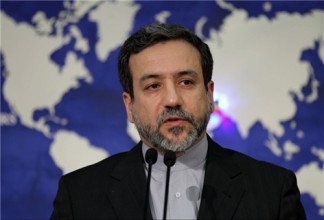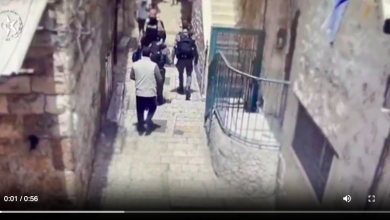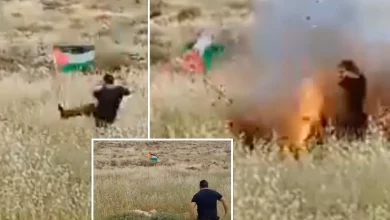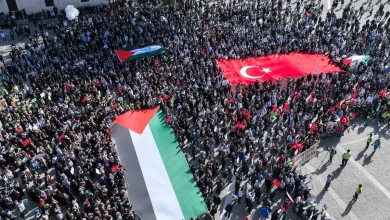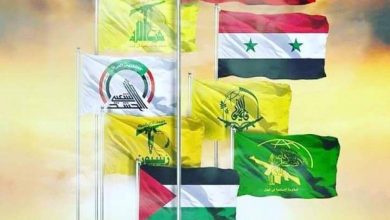Iranian Deputy FM in Myanmar to Discuss Bilateral Ties, Muslims’ Situation
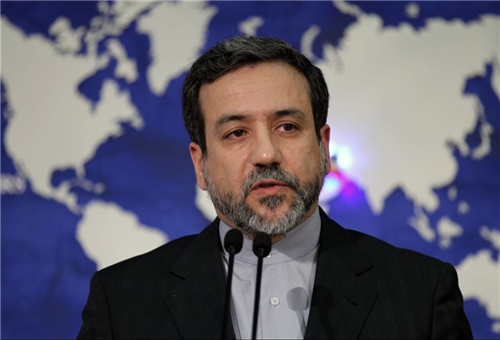
Iranian Deputy Foreign Minister for Asia-Pacific Affairs Seyed Abbas Araqchi left Tehran for Myanmar to take part in the Third Round of Iran-Myanmar Political Advisory Committee and also discuss the situation of Muslims in that country.
Araqchi, heading a high-ranking delegation, embarked on a two-day visit to Myanmar on Monday night.
The Iranian deputy foreign minister will meet with Myanmar’s senior officials about bilateral ties and regional developments.
As regards Iran-Myanmar Political Advisory Committee, Araqchi told FNA prior to his departure that the main purpose of the joint committee is to investigate the bilateral ties between the two countries, specially in political and economic fields, as well as the situation of Muslims in the Western state of Rakhine.
“We have conveyed the concerns of the Muslim countries and communities in this regard (situation of Muslims) to Myanmar’s officials and voiced our readiness to resolve the crisis and reduce the clashes in the region,” the Iranian deputy foreign minister said.
Last month, Iran’s Permanent Representative to the United Nations Mohammad Khazayee called on the international community and the regional countries to take immediate action to resolve the current crisis in the Southeast Asian country of Myanmar.
“At a time when Muslim countries are concerned about the situation in Myanmar, the political whim of certain Western states to establish better relations with Myanmar’s government has weakened the process of looking into the situation of Muslims in the country, and Muslim countries, unfortunately, are not using all their means (to push for an end to the violence),” Khazayee said.
The Iranian envoy also voiced Iran’s deep concern over the escalating violence and cases of human rights violations against Muslims in Myanmar.
Meantime, Khazayee called on the OIC member states to prepare a resolution against the barbaric acts currently underway against Muslims in Myanmar.
Earlier in April, a leading rights watchdog, citing evidence of mass graves and forced displacement, said Myanmar has waged “a campaign of ethnic cleansing” against Rohingya Muslims.
The Rohingya, who are denied citizenship by the country also known as Burma, have faced crimes against humanity including murder, persecution, deportation and forced transfer, New York-based Human Rights Watch said.
Myanmar officials, community leaders and Buddhist monks organized and encouraged mobs backed by state security forces to conduct coordinated attacks on Muslim villages in October Rohingya Muslims in the Western state of Rakhine, HRW said.
“The Burmese government engaged in a campaign of ethnic cleansing against the Rohingya that continues today through the denial of aid and restrictions on movement,” said HRW deputy Asia director Phil Robertson.
HRW noted that while ethnic cleansing was not a formal legal term, it was generally defined as a policy by one ethnic or religious group to remove another such group from certain areas by violent and terror-inspiring means.
In Rakhine, more than 125,000 Rohingya and other Muslims have been forcibly displaced, denied access to humanitarian aid and are unable to return home, the group said.
At least 180 people died in two outbreaks of Buddhist violence against Muslim in Rakhine since June 2012, according to the official toll, but rights groups believe the real figure is much higher.
In a report based on more than 100 interviews, HRW said that it had uncovered evidence of four mass-grave sites in Rakhine, accusing the security forces of trying to destroy evidence of crimes.

